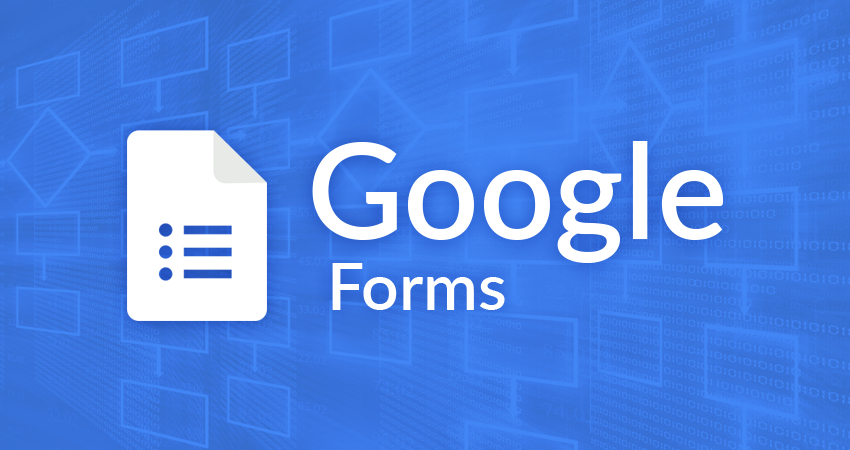If you’ve made the switch to Google Forms over sending emails to collect data, you’re already above average. Forms is a smarter choice. Emails are disorganized, people don’t always respond with the right answers, and the data can easily get buried under the slew of other emails in your mailbox.

But using Forms to figure out what everyone is bringing to the office potluck is one thing; using it as a workflow replacement for essential business processes is an entirely different beast.
Workflow for Google Apps
Forms Is a Good Idea…Right?
Let’s say that you tried handling travel reimbursements through email and spreadsheets for all of one week before you realized you needed something better. So, you created a Google Form to collect necessary data. Your form is airtight with slick validations and ensures you have all the data you need. Heck, it even puts all the information on a spreadsheet to see all the requests that have been submitted.
Everything looks rosy.
Inconclusive Data Is a Spoilt Broth
But after your team gets back from a big conference, you are flooded with reimbursement requests. You have all the data you need to process it, but preparing each individual request, tracking its progress, and getting approvals for each one is going to be a nightmare. Google Forms got you off to a quick start, but quickly led nowhere when it comes to automation.
It’s like you paved the first 100 feet of a mile run, quickly followed by a disjointed rocky mountain path.
The problems begin with approvals. Each request has to go to the immediate supervisor and requests above $1,000 must be approved by the department head. This means copying data from your master spreadsheet onto a new spreadsheet and sending it out by email manually to all the approvers.
Then comes tracking. How do you follow up on each request? How can you figure out who has approved so far and which ones are still pending? Usually this means a lot of time in your inbox.
Then, there’s a lot of manual data transfer from your sheet into your financial system to process all the payments.
Doesn’t exactly sound like a smooth workflow, does it?
Google Forms is Half-Cooked
Google Forms (or any tool from the Google Apps for Work ensemble for that matter) is just a tiny bit of what you actually need to facilitate workflows. It gives you a good sprint, but the majority of the workflow is still on you to manually handle.
In fact, there isn’t a baked-in part of the G Suite that can help you manage your workflows. You need something else that gives an end-to-end solution, starting right from the gathering data to finishing a workflow satisfactorily.
Bring In the Professional
A cloud-based application like Kissflow Workflow is the ideal way to handle your business processes if you already use Google Apps. If you want to move beyond just collecting data and actually put that data to use, you need a full workflow management product.
Here are just a few of the benefits you’ll get over Google Forms:
- You can create more complex fields in your forms and link them to existing datasets like Vendor lists, Product lists, and Employee details.
- You can control access and visibility to the data in your forms, meaning that rather than giving out the link to the whole master Google Sheet, you can control which fields are visible and editable for individual requests at any stage of the workflow.
- Data can flow in any path you can imagine, smoothly and without the need for follow up.
- Reporting can give you details on how long items take to complete and where your logjams are occurring.
Use Forms for Forms; Use Kissflow for Workflows
Google Forms is a very convenient form builder, but that’s about it. It can help you pave the first part of your process, but you’ll quickly be back to a rocky path unless you use something else.
Kissflow’s Google workflow can help you pave the way to process completion and make it easy to get all the way to the end. If your organization is serious about finding a good workflow solution, give Kissflow a try today and see what you can build.
